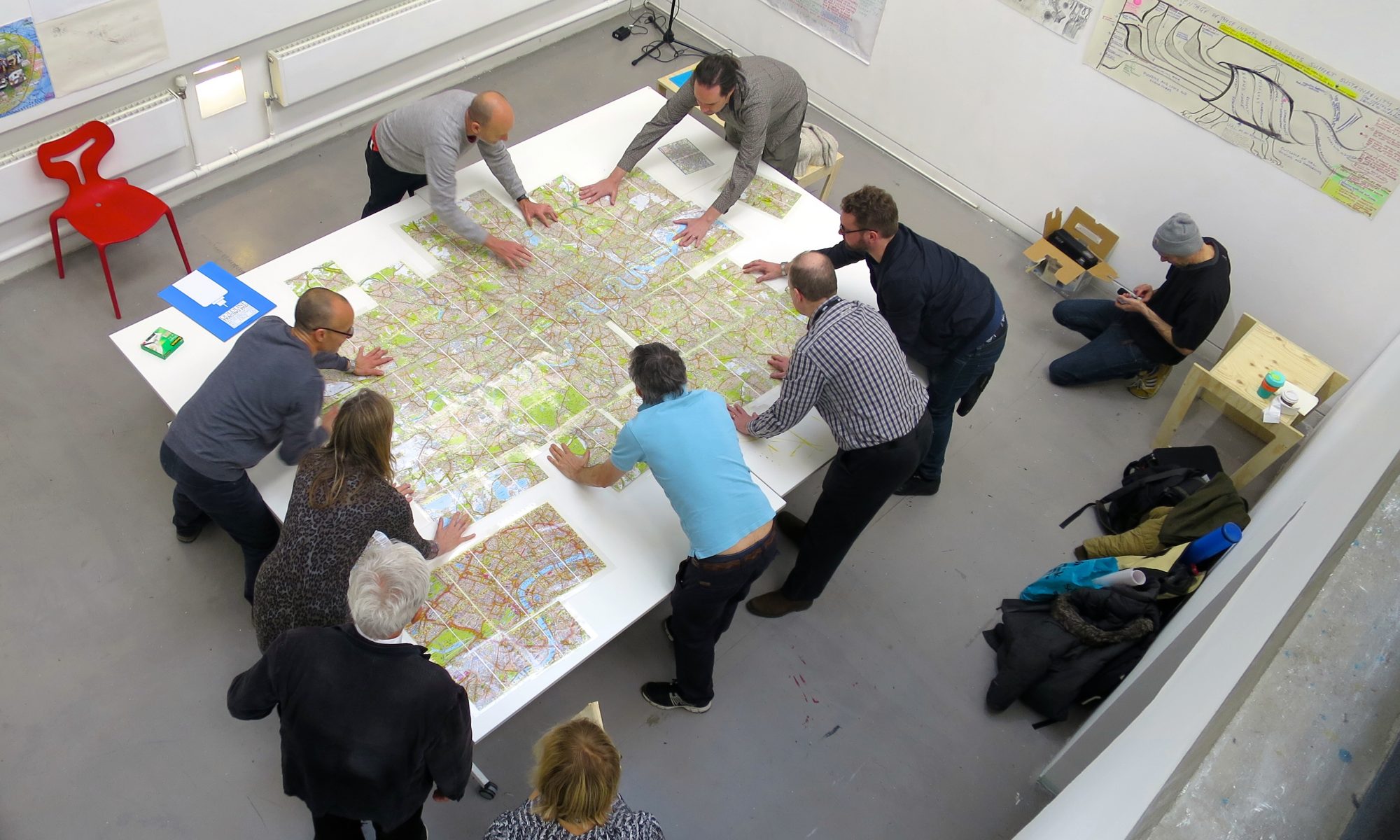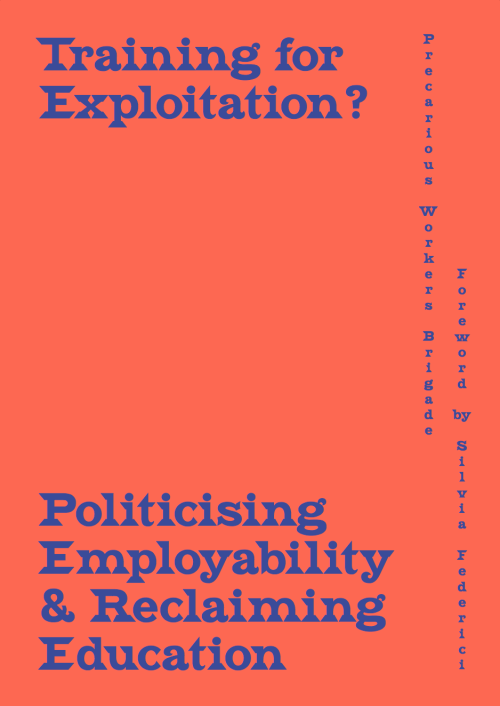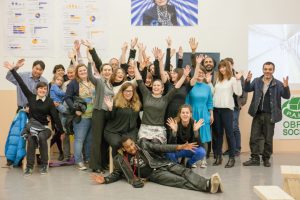
Shock City was a series of events, including an exhibition, practice exchanges, a ‘day of doing’ (with walks and a workshops), and an international conference on Resilience and the Anthropocene.
Shock City | Chelsea College of Arts (UAL) | 28 – 29 October 2015
Events launched the Year of Resilience (YoR) – a programme run by CCW Graduate School during the academic year 2015–2016 – a the wide-ranging discursive educational programme that aimed to present new cultural discourses on ‘resilience’.
Resilience can be understood as the capacity of a bounded network – a person, bacterial culture, a forest, a city or an economy – to deal with change and continue to develop. It is a response to shocks and disruption, like an infection, financial crisis or climate change that spurs creative practice and encourages renewal. Resilience is a means of taking action and creating sustainable ways to co-exist within our biosphere.
Framed by later events, such an unravelling Brexit, a Trump-dominated so-called ‘free world’ and with hurricanes and natural disasters displaying climate change’s impact, this 2015 call for resilient practices is more prescient than ever. Archived here (via the UAL website) is a community of artistic practitioners producing an emergent understanding for the potential of resilience in an attempt to accumulate a shared ethos that we hope will continue on into new, unexpected and divergent practices.
Shock City Programme
The conference included presentations by invited speakers and practitioners from CCC Head in Geneva (an educational programme that develops new vocabularies for articulating the political and social implications of a changing world). Following the themes of YoR – ‘Empathy and Proximity’, ‘Making and Repairing’ and ‘Community and Resilience’ – the conference included practitioners working in the CCW Graduate School as well as others, from those working in architectural performance in Warsaw to the impact of culture on policy-making in Geneva. Together, participants and speakers created a multifaceted community response to the broader changes shaking the foundations of cultural production, including art and design education at that time.
Conference papers
Opening remarks – Marsha Bradfield, Chelsea College of Arts and Design (UAL) / Artfield Projects
Introduction – Malcolm Quinn, Associate Dean of Research and Director of Camberwell, Chelsea, Wimbledon Graduate School
PANEL 1 – EMPATHY AND PROXIMITY
Proximity to Workers in the Network – Charlotte Webb (chair)
More than One Way to Get Somewhere – Edwina Fitzpatrick and Geraint Evans
Towards the Proximity of Collective Action – David Cross
Artistic Research Impacting Policy – Hannah Entwistle
PANEL 2: MAKING AND REPAIRING
Haptic Tiles and the City – Aaron McPeake (chair)
Inheriting an Existing Circumstance – Ken Wilder
Pointing the Finger: Architecture of Abandonment – Natalia Romik
Who Looks After the Boat? – Robin Jenkins
PANEL 3: COMMUNITY AND PLACES
Finding a Model for a Resilient Society – Ezio Manzini (chair)
#TransActing: A Market of Values – Marsha Bradfield
From the Classroom into the Community – Patricia Ellis and Andrew Graves-Johnson








